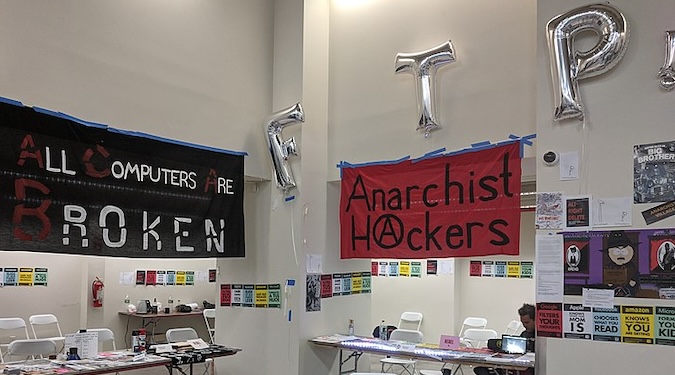More and more often, the Foreign Sovereign Immunities Act (FSIA) has protected cyberattack-conducting state actors and their cybersecurity contractors from legal liability and suits brought by victims seeking redress in US courts.
Adam Silow argues that it is time for foreign sovereign immunity to receive an update for the digital era. State-sponsored cyberattacks and their use of cybersecurity contractors are increasing, particularly affecting human rights activists and large companies with key data and trade secrets. The US government’s responses, namely, diplomacy, sanctions, or issuing “speaking indictments” by prosecutors have been inadequate, and statutory language of the FSIA does not clearly allow liability for cyberattacks, even under the new terrorism amendments.
Some experts propose merely amending the language to include liability for all cyberattacks, which Silow argues may inadvertently allow liability for legitimate state action. Instead, Silow concludes that more targeted legislation should protect specific victims of cyberattacks, namely human rights activists and targets of trade secrets, and allow those victims to legally overcome foreign sovereign immunity in US courts.

